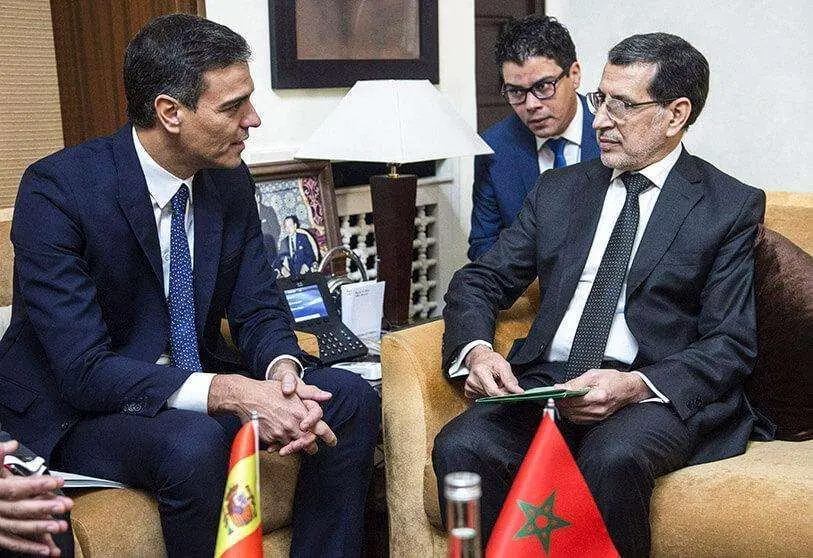Morocco and Spain, time-out

The governments of Morocco and Spain are holding an apparent time-out to think things over, reflect, reorganise ideas, interests and strategies for dealing with a crisis situation that has negative consequences for the two neighbouring countries. We may think that the crisis, the public confrontation, may have reached its peak, or that would be the most desirable thing for everyone in order not to make things worse. In the give and take, and you more, that have invaded the public statements of too many political leaders and, above all, of the angry media and partisan professionals embarked on launching the worst demons on both sides, we are now in the break of the game, in the time-out that should serve to evaluate the performance of the various decisions taken and the serious accusations made that will only benefit those who want to make relations between Spain and Morocco as bad as possible.
Unfortunately, there are too many opportunists pushing for such ravings, and even too many enthusiasts who are keen to keep adding fuel to the fire. It is time for a thorough review, with papers and signed agreements and commitments, of the issues confronting the two governments.
The current crisis has had a complicated development. Rabat's communiqués clearly state that the reception of Polisario leader Brahim Ghali in a hospital in Logroño, registered under a false name, and his subsequent appearance before the Spanish justice system, which considered that there was insufficient evidence of the crimes of which Ghali was accused, and his subsequent return to a hospital in Algiers, was not the real cause of Moroccan unease.
At issue is Spain's position on Morocco's proposal, presented at the United Nations several years ago, for a broad autonomy for the Sahara under Moroccan sovereignty, an option that was supported in December by the Trump Administration, ratified this Friday by the Biden Administration, and followed by relevant countries such as the United Arab Emirates, Jordan and a dozen African countries, among others. The Sahara is a major issue for Morocco and its citizens. The Spanish government has maintained its position of neutrality and deferred to negotiations between the parties within the UN. For Madrid, the crisis with Morocco began earlier, in 2018 when it unilaterally closed the border with Melilla, creating a delicate situation for the Spanish city. And then it claimed jurisdiction over territorial waters affecting the Canary Islands, which provoked a Spanish response.
The arrival of the coronavirus led to the total closure of Morocco's borders, which has worsened the situation in Ceuta and Melilla, which are now suffering from the decision to exclude Spain from Operation Crossing the Strait. Herein lie the real challenges for the two governments.

